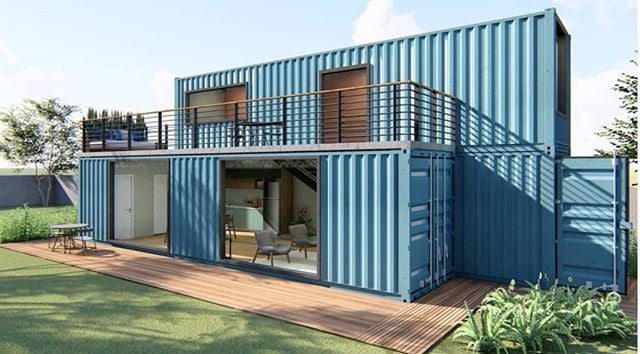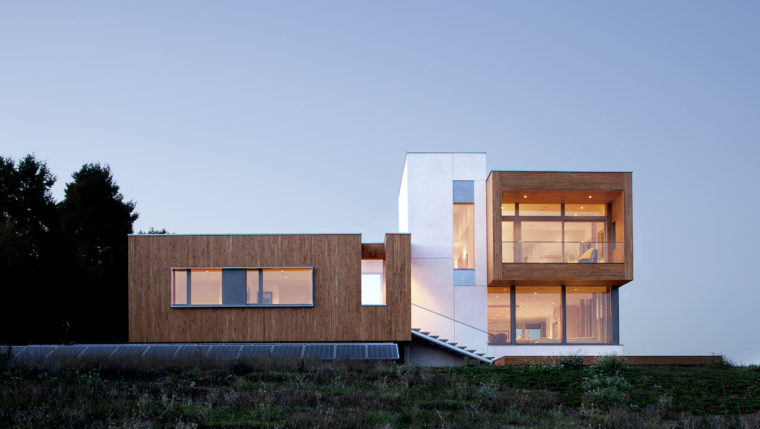With New South Wales currently going through a drought, now is the best time to find out ways of increasing water efficiency for your next residential project. This helps in working towards a BASIX certificate, here are five ways that you can design a water efficient home:
1. Rainwater Harvesting
Builders cant take a rainwater harvesting system into consideration, which could help in improving water efficiency. This would help in reducing the amount of water being used in the mainline, which is especially effective for rural homes who are suffering greater issues from drought.
2. Showerheads
Consider putting in 4-star WELS Showerheads into your next residential project. By putting this in, not only will this help in meeting BASIX certification targets, but it will produce a greater energy efficient home that will potentially save the homeowner hundreds in water costs.
3. Dual Flush Toilets
Dual flush toilets are another simple way to build a water efficient home. Since the 1980's dual flush toilets have been a fantastic method of saving water, with home owners saving at least 32,000 litres of water per year. If a builder considers a 4-star WELS dual flush toilet, this can reduce residential carbon footprints and save up to 22% for home owners.
4. Taps and Pipes
Yes, that's right taps, the most basic product can potentially cost thousands of dollars for household users if the improper brands are provided. However, if builders provide properly installed taps with aerators and an efficient water pipeline, this will help future homeowners save money by controlling the water flow of their taps and provide long-term water flow without any leaks. Just another way for builders to get towards BASIX certification targets.
5. Hot Water System
Having an eco-friendly hot water system will guide builders closer to BASIX certification and save home owners’ money in the long-term. The best way is to provide a gas-based Hot Water System with a storage tank. The benefit of having this included in your building plans is because storage tanks do not run constantly compared to continuous flow tanks. Also, gas-based hot water systems tend to cost less and provide less of a carbon footprint compared to traditional electric hot water systems.
By following these five steps, you will be one step closer towards getting your next BASIX report.
At Certified Energy, our team of ESD (Environmental Sustainability Design) Consultants are here to support builders, planners, developers and designers in providing the requirements for BASIX certification. If you are looking to get in touch contact our team below.






